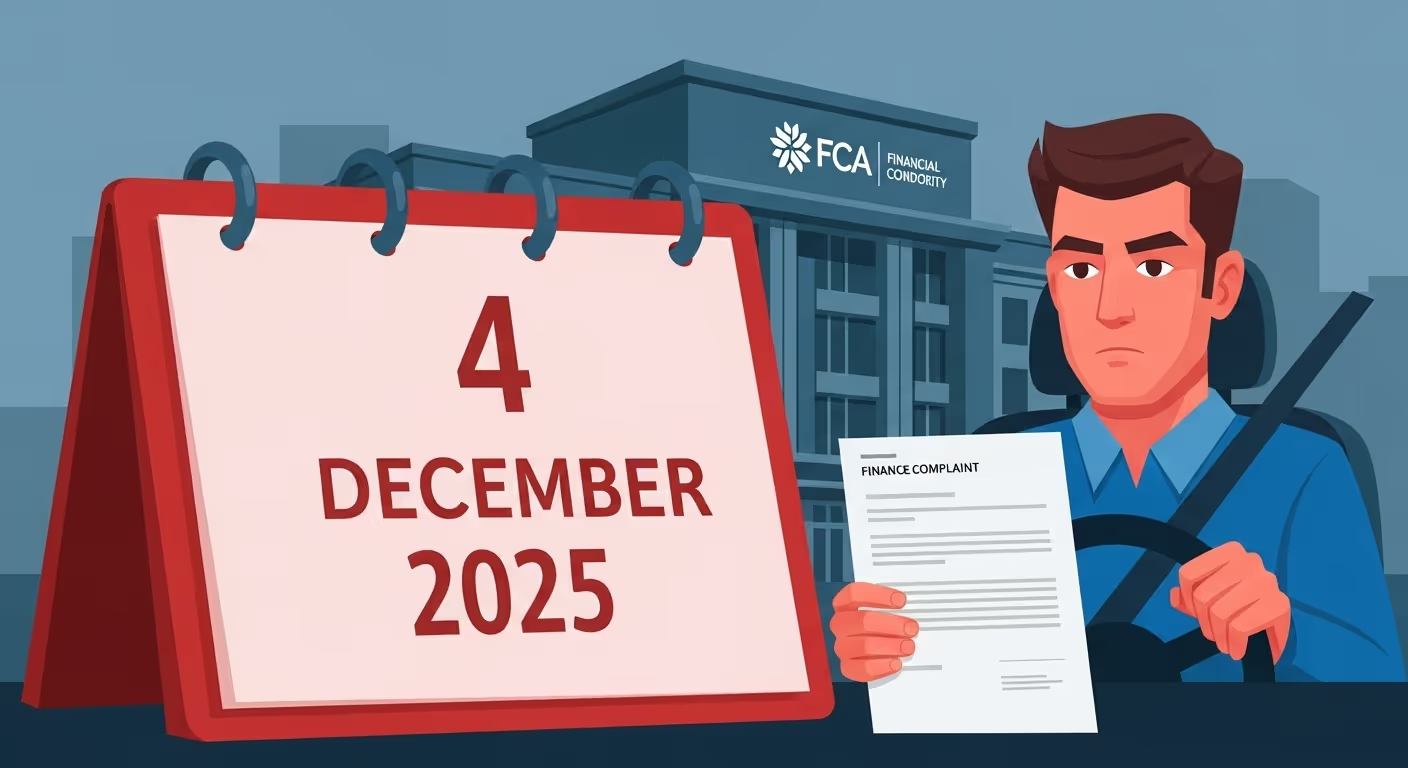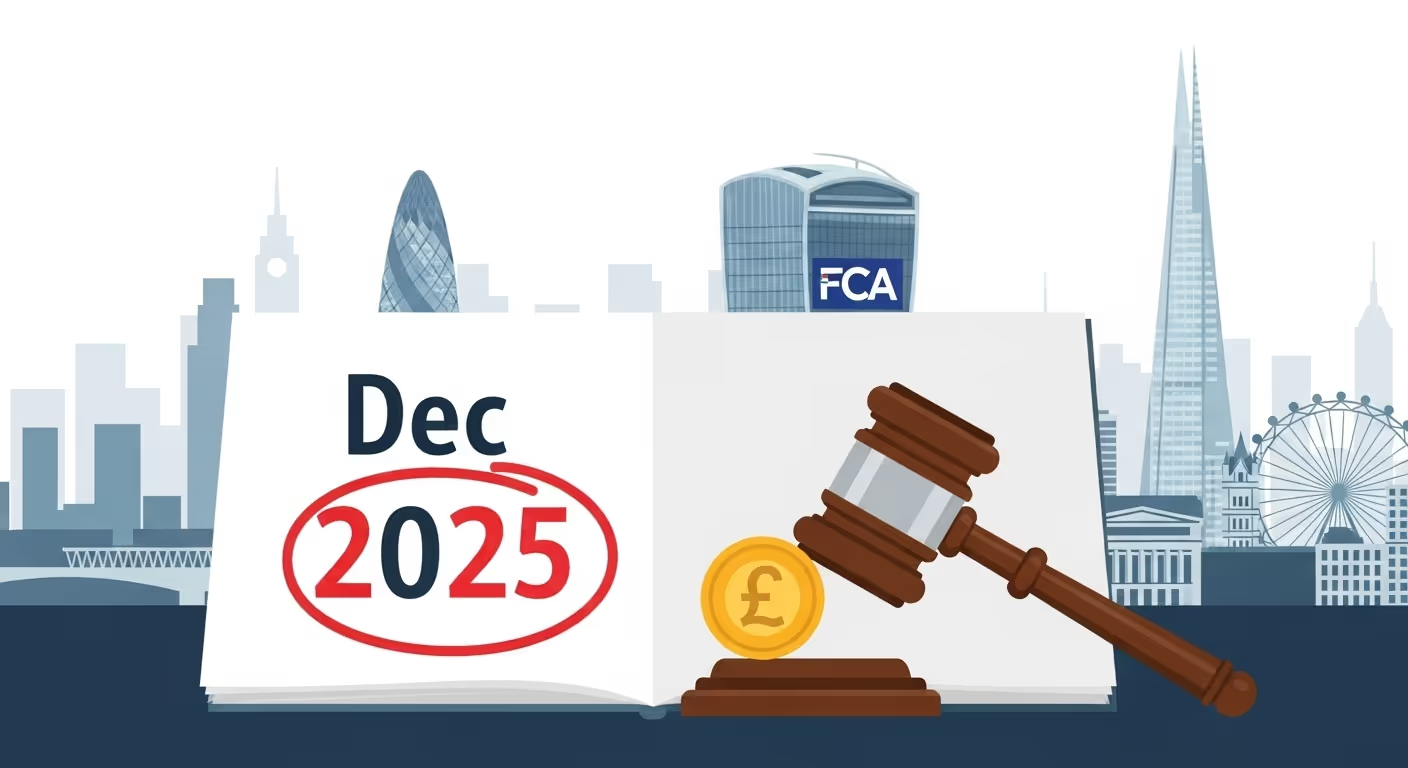Can you really claim car finance compensation without a lawyer?
If you’ve seen adverts or social media posts about car finance refunds, you’ve likely noticed one thing: most of them are from claims companies. They promise fast results, no paperwork, and no win, no fee. But what many UK drivers don’t realise is that you don’t need to pay anyone to make a valid complaint — you can do it yourself.
That’s the official advice from the Financial Conduct Authority (FCA) and the Financial Ombudsman Service. But going solo has both pros and cons. In this post, we’ll explain when it makes sense to use a claims partner — and when you might be better off handling things yourself.
What does the FCA say?
On their consumer advice page, the FCA is clear: “You do not have to use a claims management company to make a complaint or claim redress.” They recommend contacting your finance provider or car dealership directly and giving them a chance to respond.
If the company doesn’t reply within the set time or refuses your complaint, you can escalate to the Financial Ombudsman Service — at no cost to you.
What are the benefits of doing it yourself?
Here’s why many people in the UK are choosing the DIY route:
- No success fee: You keep 100% of your compensation if your complaint is upheld.
- Simple template letters: Free resources are available to help you write the complaint.
- More control: You choose how to frame your complaint and can track the status directly.
- More trust: You avoid unregulated or aggressive claims firms that charge high percentages.
Some legal firms charge between 18% and 36% of your payout — so on a £2,000 refund, you could lose up to £720.
So when is it worth using a solicitor or claims company?
While claiming on your own is free, there are reasons why people choose legal support:
- You don’t have paperwork: Claims firms often retrieve agreements from finance databases using credit history.
- You’ve had multiple agreements: A legal team can locate and file for more than one car deal.
- You’re not confident with forms: If writing letters or tracking complaints feels stressful, outsourcing can help.
- Your time is limited: Claims firms handle the entire process, including legal follow-ups after 2025.
What about now, during the FCA complaint freeze?
The FCA has paused lender complaint deadlines until 4 December 2025. That means if you submit a complaint today, the lender doesn’t have to respond right away — but your position is still protected.
Some claims companies are using this pause to build up large client lists, expecting mass payouts once the freeze ends. Whether you join them or go solo, filing early is better than waiting.
How to submit your own complaint (step by step)
You can write your own complaint in three steps:
- Contact your lender with a letter or email explaining that your car finance was mis‑sold (mentioning undisclosed commission, inflated interest, or poor explanation of terms).
- Include details like the car make, agreement date, and why you think the deal was unfair.
- Wait for up to 8 weeks for a response (unless the FCA pause applies — then the timeline is extended).
Still no reply? Take your case to the Financial Ombudsman. It’s free, and their team reviews the evidence impartially.
Template for your complaint
Here’s a basic format you can use:
Subject: Complaint about mis‑sold car finance agreementDear [Lender Name],I am writing to raise a complaint about a car finance agreement I took out on [Date] for a [Car Make/Model].I believe this agreement may have been mis‑sold to me, as:- The interest rate was higher than expected and not properly explained.- I was not informed about any commission paid to the broker/dealer.- The contract terms were unclear and rushed.I request a full review of this agreement and compensation for any overcharged interest or mis‑sold elements. Please confirm receipt and outline your next steps.Sincerely, [Your Full Name] [Your Contact Details]
Is it risky to go solo?
No — if you follow FCA guidance and keep copies of your complaint, your claim is just as valid as one submitted by a solicitor. In fact, the Financial Ombudsman often deals with solo claimants and has the power to award full refunds, even if the lender initially says no.
Make the right choice for you
Whether you claim with a solicitor or on your own, the key is to act. Many people never realise they overpaid — or that the interest was padded for someone else’s gain. If you’re confident writing a letter, start today. If not, find a reputable legal partner with clear fees.
The money is yours either way — the choice is how much of it you want to keep.






